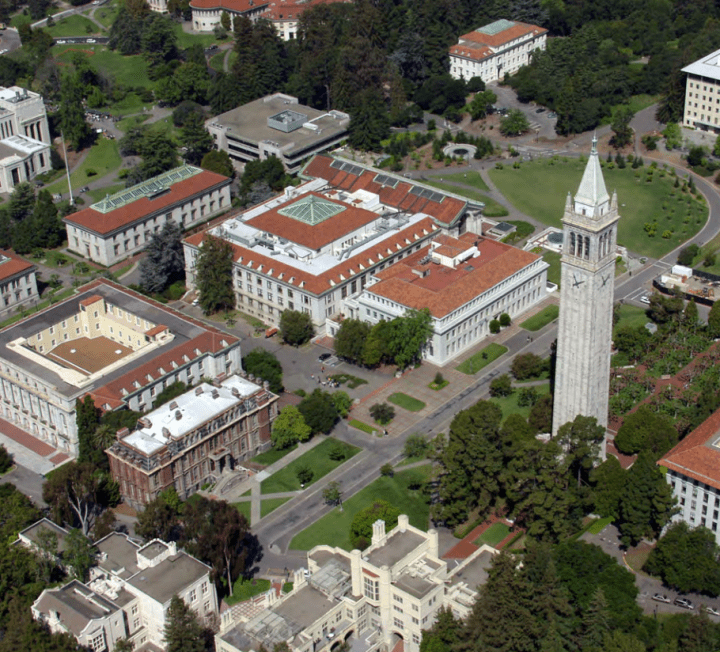
Two Berkeley neighborhood groups are asking a judge for an injunction to set aside the City Council’s recent closed-session agreement with UC Berkeley.
The City Council and Mayor Jesse Arreguín violated the state’s open meeting laws (the Brown Act) when it voted to enter into a settlement with Cal but did not report the action when the meeting was opened to the general public, according to a petition filed Monday. Consequently, the vote should be set aside, and the City Council should start again, this time in an open session.
“The Brown Act requires more transparency than that,” said David Axelrod, the attorney for the neighborhood groups.
The petition was filed in Alameda County Superior Court by The People’s Park Historic District Advocacy Group and Make UC A Good Neighbor.
Farimah Brown, the Berkeley city attorney, said the city had not yet been served legal papers so she could not comment on the action. But last week, Brown told Berkeleyside that the settlement the City Council adopted was still in process, so the vote was not final and did not have to be reported. The settlement was still in process because the other side has not yet ratified the settlement, said Brown. The UC Board of Regents is scheduled to consider the agreement this week.
On July 13, the City Council voted 8-1, with Councilmember Kate Harrison dissenting, to enter into an agreement with UC Berkeley. While the details were not made public, the city and university put out a joint press release stating that UC Berkeley would pay $83 million over 16 years for its use of police, fire and emergency services. Other funds will also be forthcoming, but details were scant since the settlement has not been released publicly. In exchange for the payment, Berkeley agreed to withdraw from two lawsuits in which a judge found that Cal had not fully complied with the state’s environmental laws. The city also said it would not challenge UC Berkeley’s new 2021 long-range development plan and draft environmental review.
There was no “pending litigation” because an Alameda County Superior Court Judge had recently ruled in Berkeley’s favor in one of the lawsuits cited as a reason for the closed session, said Axelrod. The vote also violated Measure L, a Berkeley ordinance promising to preserve open space, Axelrod said, and any City Council vote to override that ordinance should have been done in the open.
“The way I read the law the decision had to be taken in open session,” said Axelrod.
This legal action does not have any bearing on the Regents’ upcoming vote.
No court date has been set yet.


